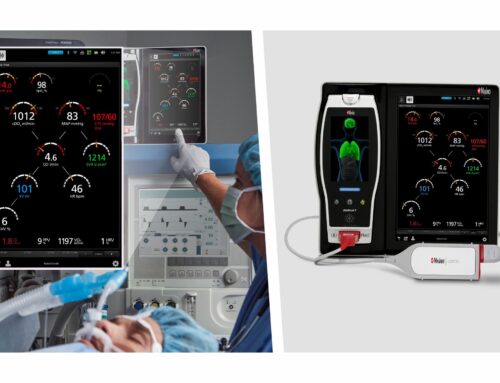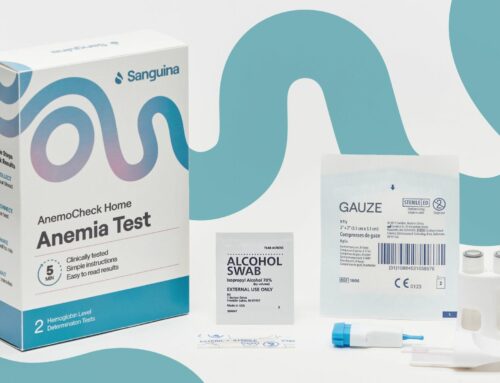By John Griggs, Senior Manager, Solutions Consulting at Managed Markets Insight & Technology |

Market access in pharma is all about ensuring that patients get the right treatment at the right time for the right price. Unfortunately, many people have trouble accessing a life-saving or life-changing therapy. Payers, providers and pharma companies may have miscommunications about coverage rules or prior authorization, and other times, a lack of relevant trial data around certain drugs can be a barrier. Ultimately, this lack of data-driven insights results in harmful delays in getting therapies to patients.
In today’s industry, market access only continues to grow more complex. With payer coverage decisions around pharmaceuticals changing rapidly, simply being covered is no longer enough for getting patients on therapy quickly. Today, increasing market complexity and outsize payer influence have resulted in numerous hurdles to ensuring adequate access, from prior authorizations to step therapy to label restrictions.
To succeed at drug launch amid these higher stakes and ever-evolving market dynamics, pharma companies need a go-to-market strategy that tracks market access in real time.
Why timely action requires even timelier insights
Consider the first CAR-T therapies that entered the market in 2019. Despite the hype surrounding them, these brands remained well below blockbuster status during the first two years post-launch. Why? One factor is the lack of timely payer policy coverage data to inform go-to-market strategies.
It turns out that the high cost of administering these brands was forcing many payers to conduct slower reviews, and many imposed coverage barriers within their policies. If brand managers would’ve had an up-to-date, holistic picture of their market access outlook during launch, they could’ve adjusted along the way by targeting the accounts that were dragging their heels and imposing restrictions.
Fortunately, the brands recovered and hit quarterly sales above $150 million. However, as this example makes clear, acting on timely insights to target payers and physicians during the first few months of launch can be the difference between three years of slow growth vs one year of explosive sales.
Building a real-time road map for success
For pharma companies looking to ensure adequate market access from the outset—to get therapies into the hands of patients much quicker—building a go-to-market strategy that sits on a foundation of timelier market access data is key. Here are two key components of a successful strategy:
- Weekly—not monthly—internal marketing access reporting: Oftentimes, changes in coverage happen on a weekly basis, yet pharma companies tend to pull access data once a month. That means that coverage changes could go unnoticed for weeks—a critical amount of time for engaging physicians with promotional messaging and outreach. What’s more, if a physician is unable to confirm coverage when they’re ready to prescribe, they will take the path of least resistance and prescribe a competitor product instead.
- Email alerts that are both timely and relevant: Receiving notifications on coverage changes for your brand (and your competitor’s brand) greatly reduces the time that sales reps spend combing through payer websites and coverage documents before calling on key accounts, allowing them to spend more time in the field hitting their access goals. However, while real-time alerts are handy, true success hinges on their relevancy: Salespeople need the ability to target their alerts to their key accounts and sales channels, and to filter out the “noise” of any irrelevant updates. The more relevant and action-oriented the alerts, the more successful the sales team.
While winning product launches are never one-size-fits-all, smart pharma companies are incorporating much timelier market access data as they go to market. This sets themselves up for both launch and long-term success, and ultimately ensures that patients get the treatments that they need.
 About The Author
About The Author
John Griggs is the Senior Manager of Solution Consulting at MMIT. He has a chemistry research background and graduated from Stevens Institute of Technology with a Master of Engineering in materials engineering. He has been with MMIT for over seven years in various roles and has extensive experience in market access trends within oncology, immunology, and the changing dynamic between payers and IDNs. In his role, he supports aligning MMIT solutions to pharma business needs during the entire life cycle of specialty medications, from pre-launch to loss of exclusivity.












